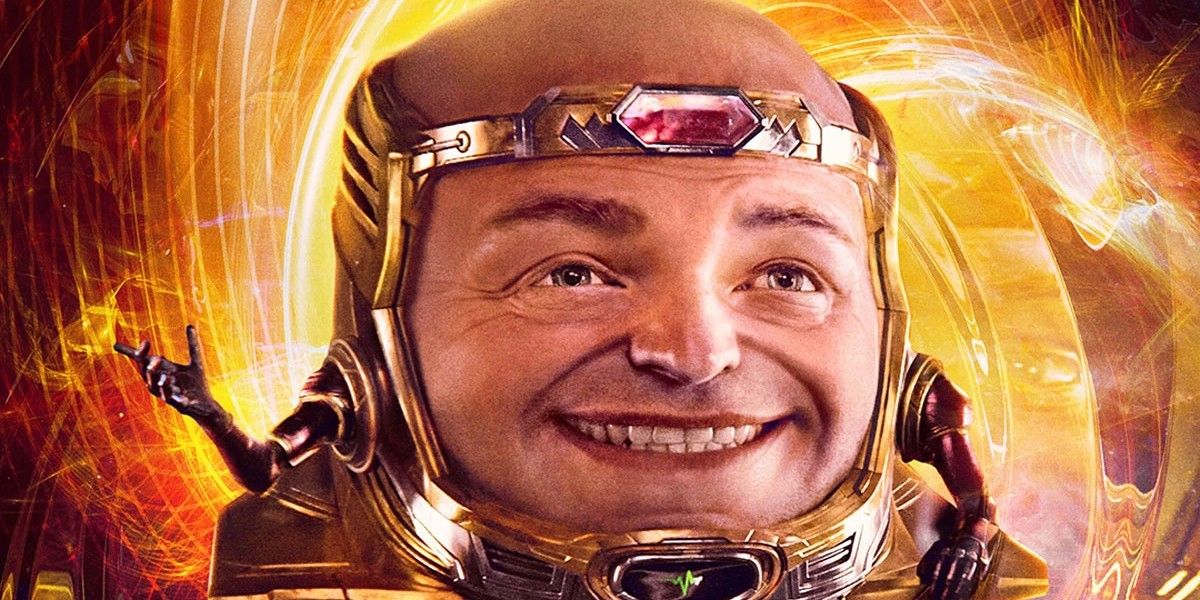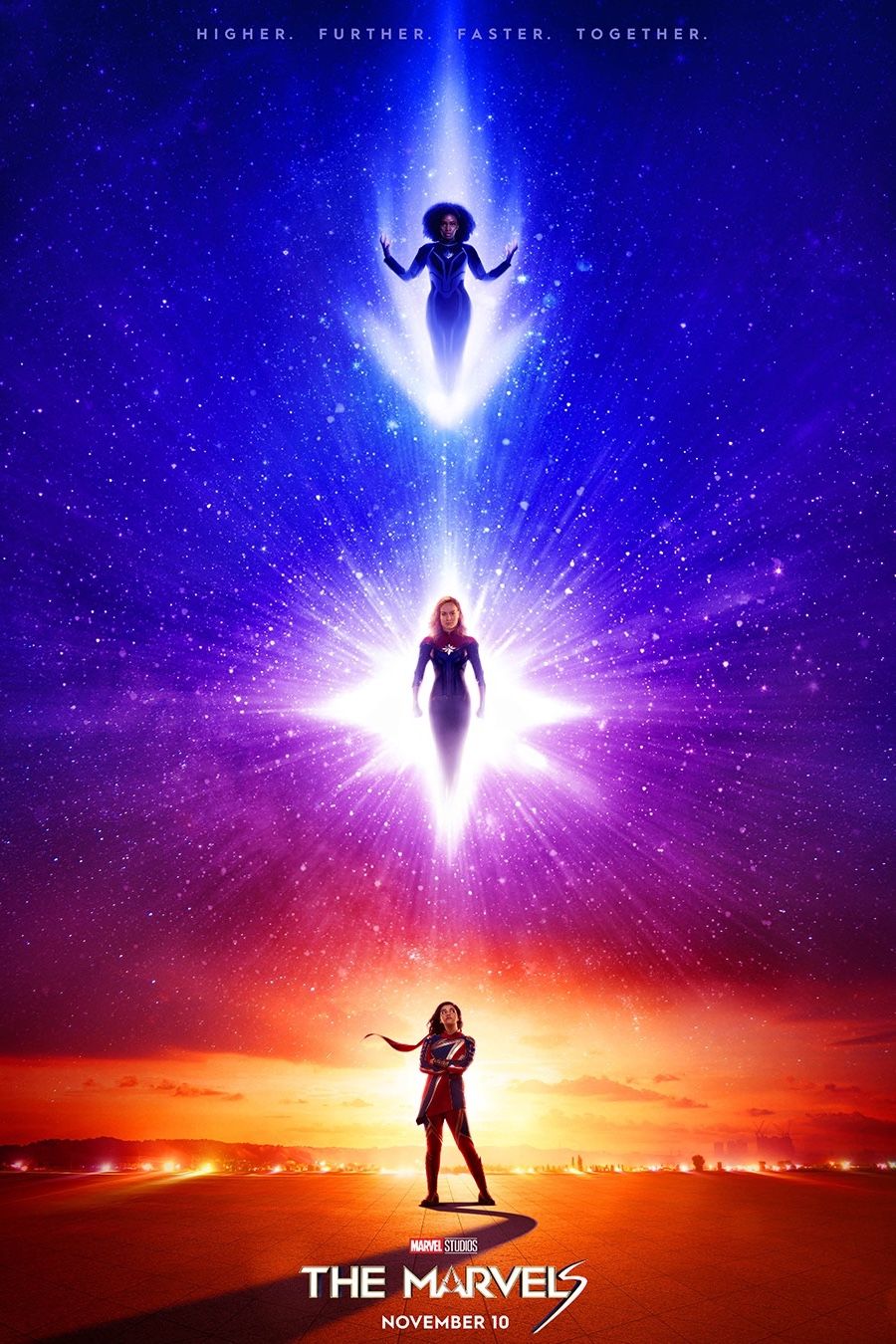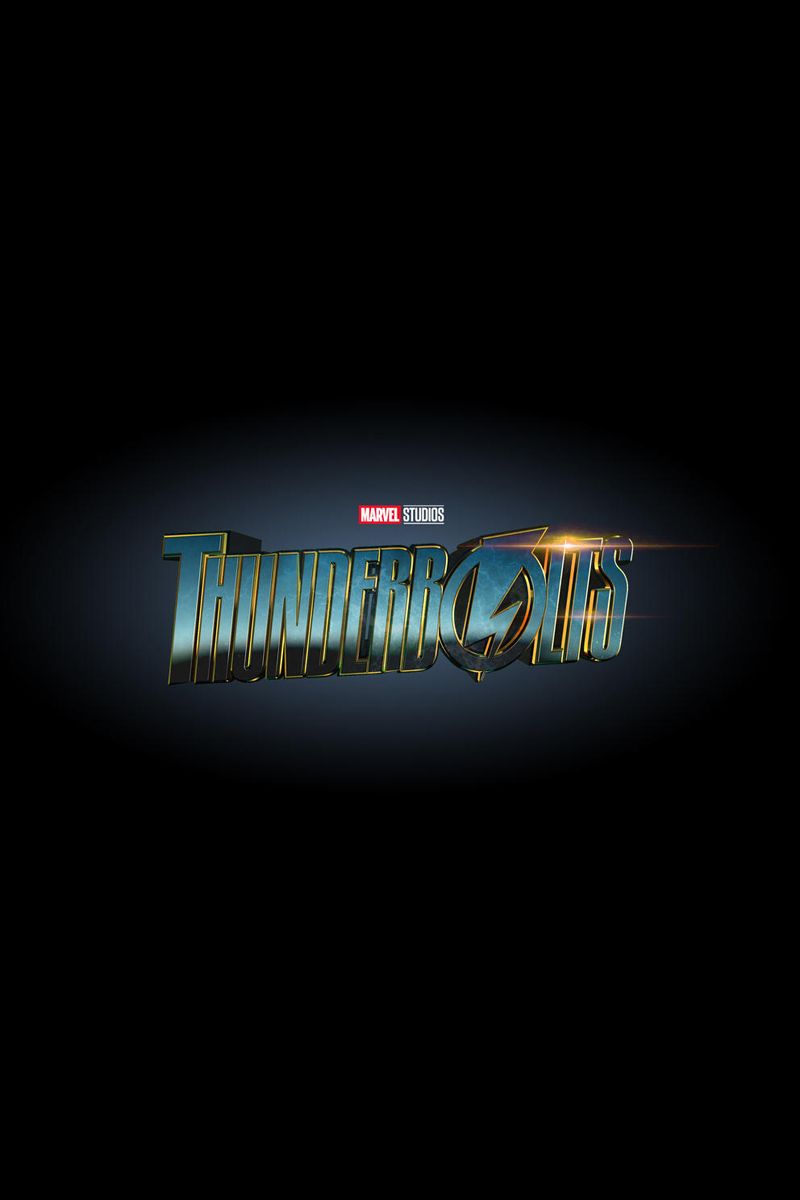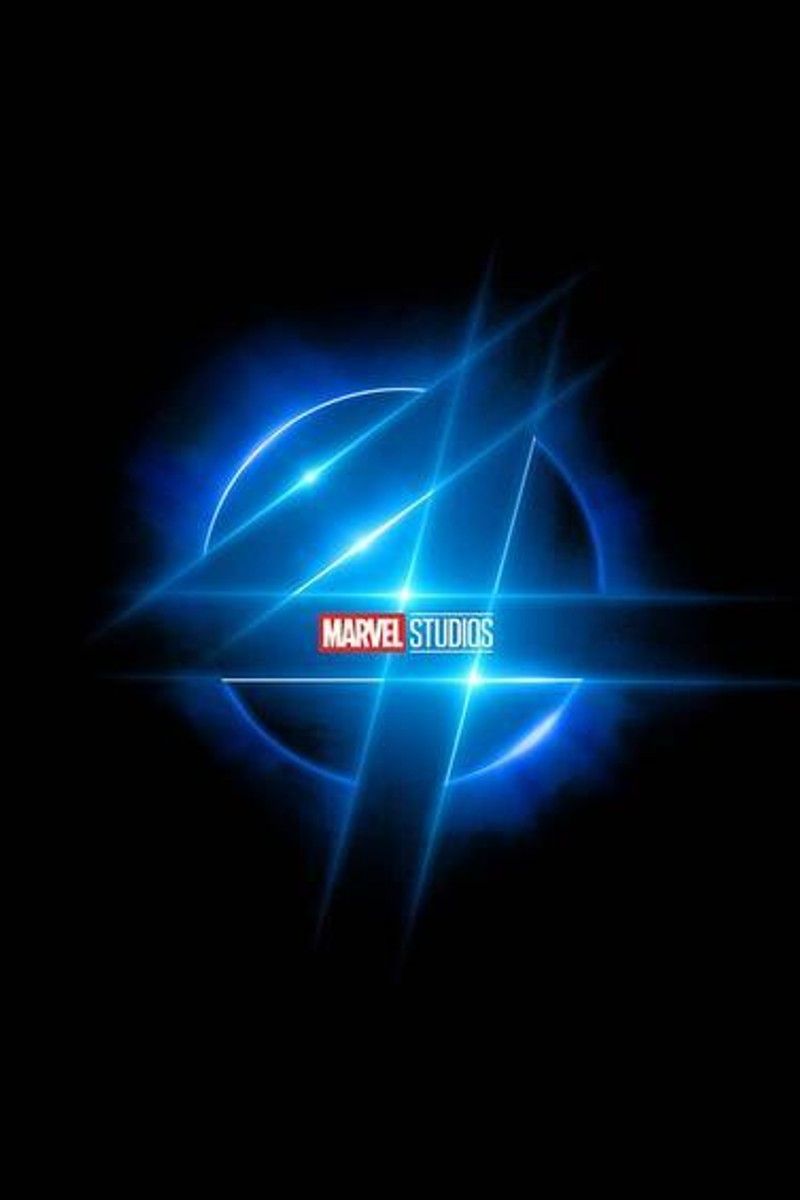Both Sony and Disney are experiencing problems with their respective Marvel franchises, and announcing concrete details on Spider-Man 4 could be mutually beneficial for both studios. Following the MCU debut of Tom Holland's Spider-Man in 2016's Captain America: Civil War, the web-slinger has become one of the MCU's cornerstone characters. Sony has continued to reap the box office benefits of his big-screen adventures in their deal with Marvel Studios, with 2021's Spider-Man: No Way Home being embraced as the ultimate love letter to the character and earning very commensurate box offices rewards.
With that said, the Marvel Cinematic Universe has begun experiencing some increasingly undeniable slumps in terms of its general popularity as the biggest movie franchise in history. Likewise, Sony's own plans for their universe of Spider-Man villains have not truly managed to get off the ground with several barriers standing in its way. While the MCU's Spider-Man 4 has long since been officially announced, given both Sony and Marvel's contractual involvement in every Spider-Man movie, presenting more solid details on it could be just what each entity needs.
Spider-Man: No Way Home Is The MCU's Biggest Post-Endgame Movie (By Far)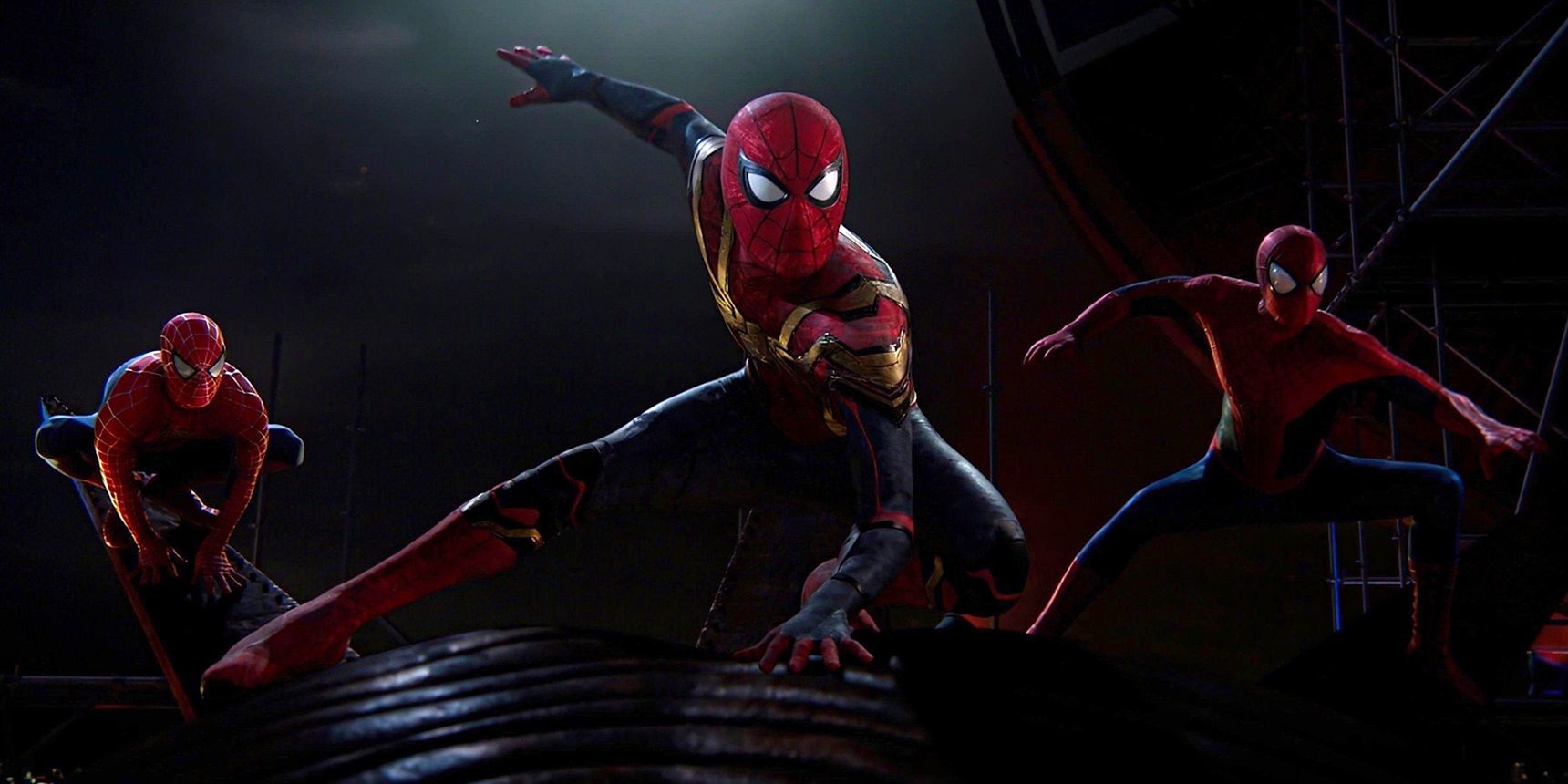
Spider-Man: No Way Home serves as proof as to why Spider-Man 4 deserves to be treated as a prime concern. With it's $1.9 billion haul, Spider-Man: No Way Home is the definition of a monster hit, and one the puts much of the MCU's post-pandemic popularity into context. The MCU hit its box office and pop culture peak with the 2019 release of Avengers: Endgame, which even took the title of box office champ for a while until James Cameron's Avatar reclaimed it with a China re-release. Moving into Phase 4 in 2020, Marvel was just as impacted by the COVID-19 pandemic as every other studio, the MCU only finally returning to theaters in July 2021 with the release of Black Widow after numerous delays.
While the post-pandemic MCU films have all been box office hits (Black Widow's failed Disney+ experiment notwithstanding), none even come close to the Earth-shattering success of No Way Home. Furthermore, No Way Home is one of the most warmly received Spider-Man movies and MCU movies, bringing Tobey Maguire, Andrew Garfield, and Tom Holland's wall-crawlers together in a blend of nostalgia and wise-cracking adventure. With No Way Home's popularity dwarfing virtually every other Marvel movie post-Endgame, it also highlights a larger issue for the franchise.
Marvel Is Finally Starting To Slip In Phase 4 & 5
While the Marvel Cinematic Universe has attained nothing less than historic levels of success throughout its first three phases, Phase 4 is where it has become noticeably more shaky. Phase 4 in general has received criticism for lacking the same sense of build-up as the Infinity Saga of Phases 1 through 3. The reception of numerous individual Marvel movies has also been considerably more mixed or even negative than the franchise's usual widespread praise. Eternals's low Rotten Tomatoes score made it the first MCU movie to earn a rotten rating on the review aggregate, while Thor: Love and Thunder's cartoonish, wacky tone also garnered a divisive response.
Most recently, Ant-Man & the Wasp: Quantumania kicked off Phase 5 with a fairly lukewarm reception, becoming Marvel's second rotten movie on Rotten Tomatoes and nearly being surpassed on its sophomore weekend by Cocaine Bear's debut. Marvel might have staved off the law of diminishing returns for an admirably extended period, but it's become increasingly apparent that the magic that propelled Marvel through the Infinity Saga has finally begun to wane in Phases 4 and 5. Conversely, No Way Home's success shows that Spider-Man has been all but immune to the effects of that, but there are also bigger signs that Sony's universe of Spider-Man villains is also facing trouble.
Sony's Spider-Verse Plans Are Confusing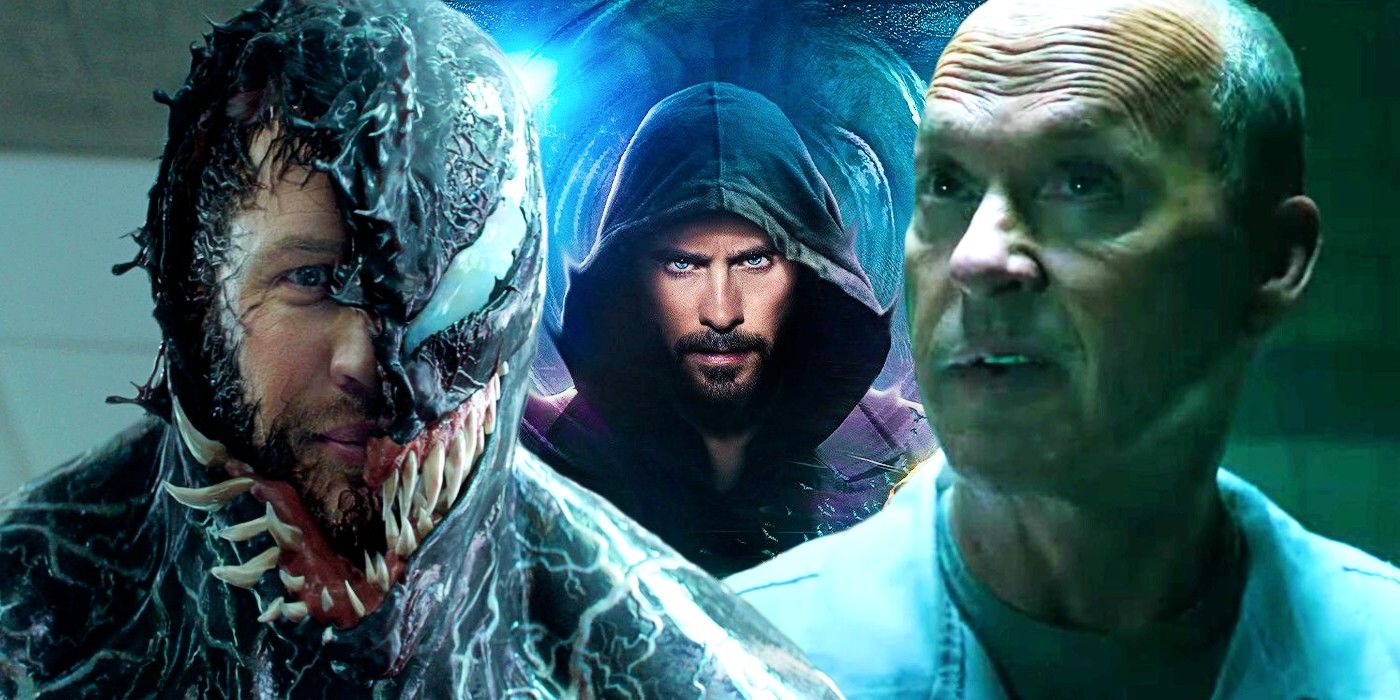
With the MCU-set Spider-Man movies still produced by Sony through their brokering deal with Marvel, the former's plans for Sony's Spider-Man Universe have been clunky and incoherent, at best. The Tom Hardy-led Venom movies have been hits (with Hardy's Venom very briefly appearing in No Way Home), but Sony could not achieve comparable success or audience excitement with 2022's Morbius. Moreover, the movie's end credits scene of the Vulture (Michael Keaton) meeting Michael Morbius (Jared Leto) to form a team of villains hardly inspired widespread enthusiasm for Sony's long sought-after Sinister Six movie.
Sony's Kraven the Hunter, El Muerto, and Madam Web similarly have not had any clear roadmap of connectivity or a culminating plan presented. Meanwhile, the absence of any Spider-Man from Sony's plans has left a Web-Head-shaped hole in the universe of Spidey villains, especially with interest in Andrew Garfield returning in The Amazing Spider-Man 3 skyrocketing after No Way Home. All of these problems and Marvel's own issues make Spider-Man 4 the silver bullet for both studios.
How Spider-Man 4 Mutually Benefits Sony & Marvel
Not only did No Way Home's box office performance justify interest for a fourth installment, it also did so from a storytelling perspective as well. No Way Home's ending, in which Peter allows Doctor Strange (Benedict Cumberbatch) to erase the world's memory of him in order to stop a massive multiversal villain invasion, left Peter forced to completely start his life anew and entirely on his own. With massive interest in where Peter's story goes next, there are both narrative and commercial reasons for Spider-Man 4 to be a priority for Sony and Marvel. For Marvel, hard details on the release date and some story points for Spider-Man 4 would allow them to finally capitalize on the MCU's biggest post-Endgame movie and give a needed jolt of energy to Phase 5.
Sony is in a much worse position than Marvel Studios due to Venom carrying all the weight of their shared universe and the animated Into the Spider-Verse franchise essentially being detached from it. Holland's Spider-Man can alleviate those problems with Sony's role in producing the Spider-Man solo movies. Even without Spider-Man 4 being part of Sony's Spider-Man Universe, presenting clearer details on Spider-Man 4 can give Sony more time to organize their own plans, including possible future projects with Maguire and Garfield's Spider-Men, and even potential crossovers with Holland's to build on No Way Home's end credits tease with Venom.
Between Doctor Strange's tragic spell in No Way Home and the movie's astonishing box office success, at least one more MCU Spider-Man movie has always been an inevitability. What's changed since the release of Spider-Man: No Way Home is that both studios supporting the wall-crawler have issues in their upcoming franchise plans. Spider-Man himself might not need the MCU anymore, but both Sony and Marvel need Spider-Man 4, and the Friendly Neighborhood Spider-Man has never been in a better position to lend both a hand.


